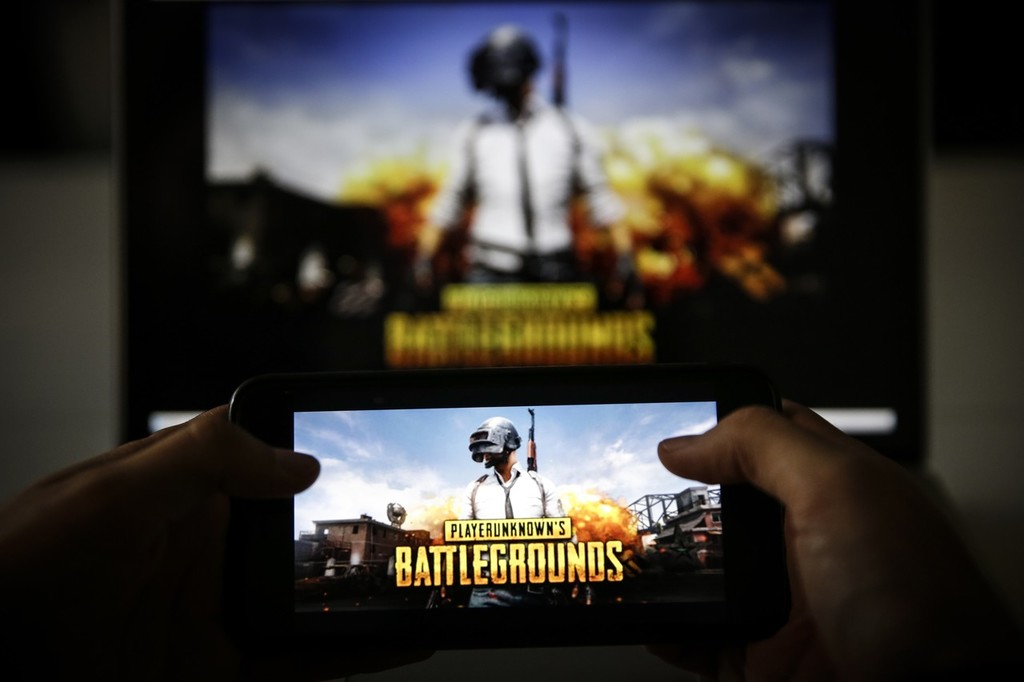When India issued a sweeping ban of 59 Chinese apps on Monday, the news raced across the country’s internet. But there was one conspicuous omission from the list of newly banned software: PUBG Mobile.
The fact that the hugely popular game from China’s Tencent was spared came as a relief to many gamers in India. Not all Tencent apps were so lucky. WeChat was among the dozens of apps banned by India’s Ministry of Electronics and Information Technology. A slew of the company’s QQ-branded apps were also on the list, including the streaming app QQ Music.
The ban comes in the wake of a deadly clash along the China-India border in mid-June, leading for calls to boycott Chinese apps and products. The Indian government cited threats to the country’s sovereignty and security as a reason for the app bans.
The reasons for sparing PUBG Mobile are unclear. It’s not because it’s a game, as the popular mobile game Clash of Kings was on the list. Other popular apps that were banned include Alibaba’s UC Browser and ByteDance’s viral short video app TikTok.
Whatever the reason, PUBG Mobile players were quick to show their relief online. Players in India flooded Twitter with memes, turning the hashtag #PUBGban into a trending topic in the country.
PUBG Mobile is one of the most successful games in the world. It’s been the top-grossing game globally since last September, raking in more than USD 226 million in revenue in May alone.
That popularity has also carried over to India. It’s currently the top-grossing game in Apple’s iOS App Store in the country, and it’s the second highest grossing game on Google Play, according to Sensor Tower.
The game’s popularity has also brought it trouble in India before. Last year, four cities in the Indian state of Gujarat briefly banned PUBG Mobile, citing complaints that it provokes violent behavior from its young players and distracts them from school. At least 21 people were reportedly arrested for playing the game. The ban was soon lifted following a backlash on social media.The national government later weighed banning the game, along with TikTok, for corrupting children. But a nationwide ban was never put in place.
Some Indian media outlets speculated that the game was spared from the ban because it’s based on the PC game PlayerUnknown’s Battlegrounds, which is made by South Korea’s Bluehole. But Tencent got a license to make the mobile version of the game, and it quickly became a global hit. The game is also huge in China, although licensing problems with government regulators eventually led Tencent to create a sanitized local version called Game for Peace.
Before the Indian government took action against Chinese apps, citizens were calling for people to uninstall them as border tensions grew.
One developer released an Android app called Remove China Apps. The app claimed to show users whether they had any Chinese apps on their phone so they could uninstall them, although the results in our testing were pretty hit-or-miss. PUBG Mobile went unnoticed. Google later removed the app from Google Play, saying it violated the app store’s policies.
